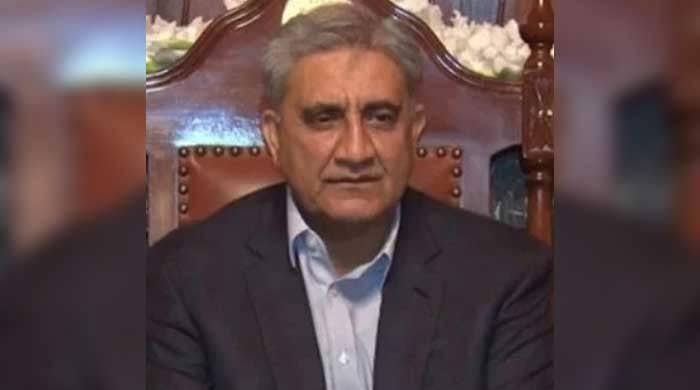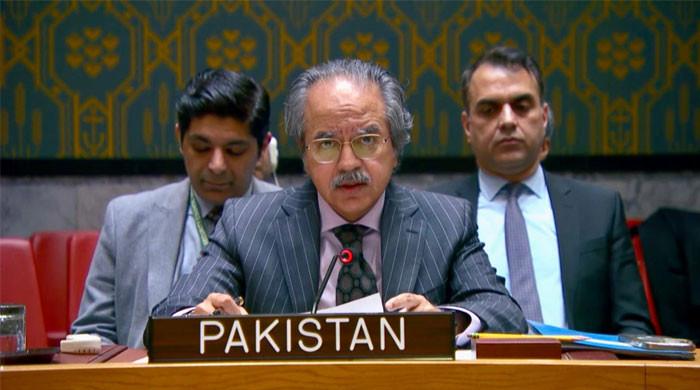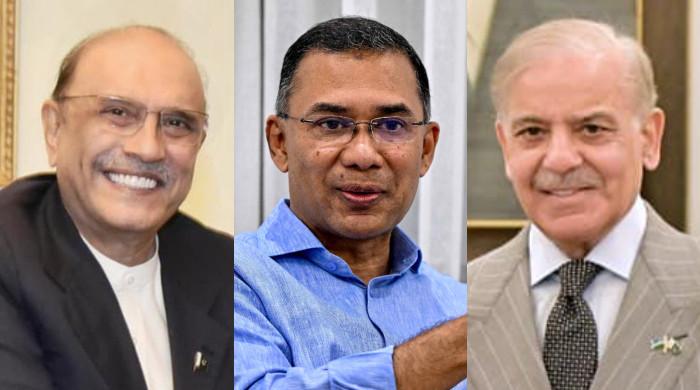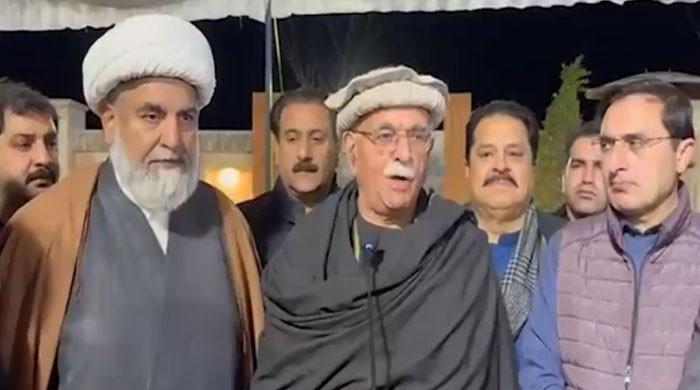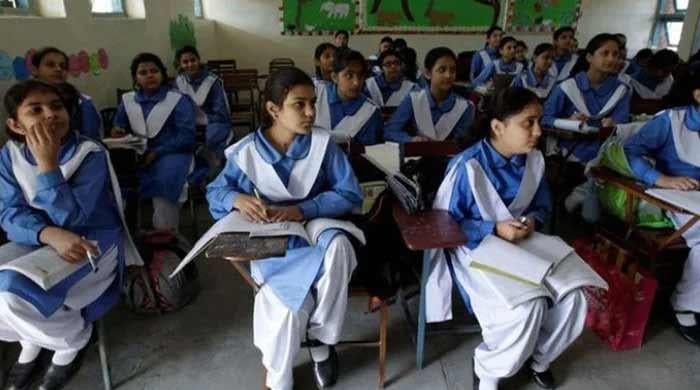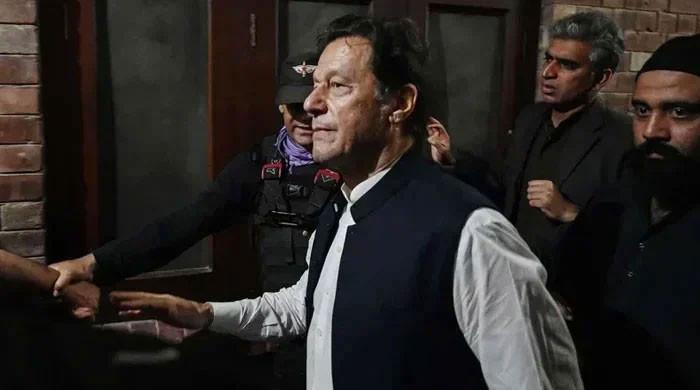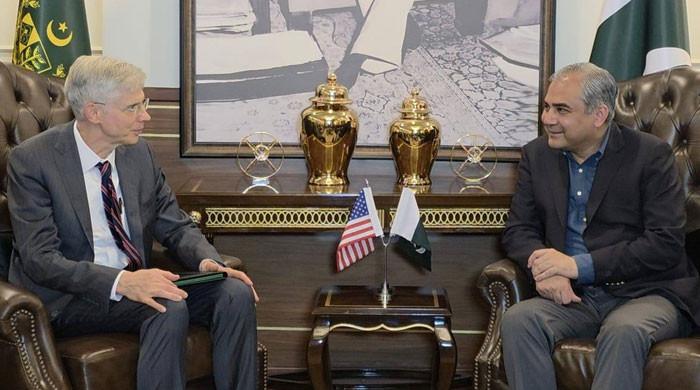India-backed terrorists martyr army major in Balochistan's Awaran
ISPR says three Indian-sponsored terrorists "sent to hell" during IBO
July 16, 2025

- Terrorists belonged to Fitna al-Hindustan.
- Major Tariq was leading from the front.
- Sanitisation operation launched in response.
RAWALPINDI: Indian-sponsored terrorists martyred an army major in Balochistan's Awaran district, the Inter-Services Public Relations (ISPR) said on Wednesday.
In a statement, the military's media wing said that the incident occurred as the security forces conducted an intelligence-based operation in the district, on the reported "presence of terrorists belonging to Indian proxy, Fitna al-Hindustan."
"During the conduct of operation, own troops effectively engaged the terrorist location and resultantly, three Indian sponsored terrorists were sent to hell," it added.
However, during the intense fire exchange, Major Syed Rabnawaz Tariq, 34, a resident of Muzafarabad, "a brave officer who was leading his troops from the front, fought gallantly and paid the ultimate sacrifice".
In response, a sanitisation operation was launched to eliminate any other terrorists found in the area.
"...the security forces of Pakistan are determined to wipe out the menace of Indian-sponsored terrorism from the country, and such sacrifices of our brave men further strengthen our resolve."
Pakistan has witnessed a surge in cross-border terror incidents since Taliban rulers returned to Afghanistan in 2021, particularly in the bordering provinces of Khyber Pakhtunkhwa and Balochistan.
The country saw a slight uptick in militant attacks in May 2025, even as heightened military tensions with neighbouring India failed to trigger a significant escalation in violence from extremist groups.
Data released by the Islamabad-based Pakistan Institute for Conflict and Security Studies (PICSS) indicates a 5% increase in attacks compared to April, though the overall picture suggests militant groups largely remained contained despite the regional geopolitical climate.





